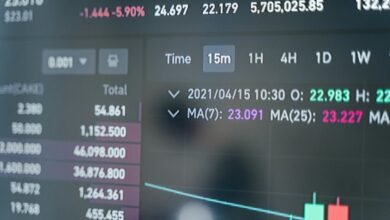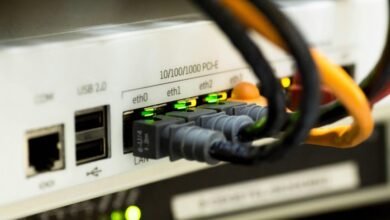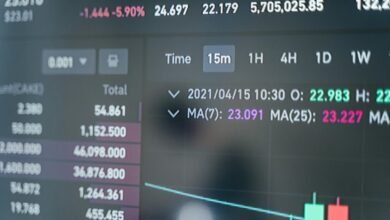Reverse Lookup Explorer 3533982464 3288251343 3288178815 3404796936 3458537975 3898819643

Reverse Lookup Explorer serves as a crucial resource for identifying unknown phone number owners, including those such as 3533982464 and 3288251343. Its user-friendly interface simplifies the process of accessing detailed information. This tool not only enhances personal security but also promotes transparency within communications. By understanding the functionality and benefits of Reverse Lookup Explorer, users can better navigate potential risks in their phone interactions. What further insights can this tool provide?
Understanding Reverse Lookup Explorer
Reverse Lookup Explorer serves as a crucial tool in the realm of information retrieval, enabling users to identify the owner or origin of a particular phone number or address.
By utilizing extensive phone directories, this service enhances transparency and accountability.
Users benefit from the ability to conduct reverse lookups, fostering informed decisions and promoting personal security in an increasingly connected world.
How to Use Reverse Lookup Explorer
Utilizing Reverse Lookup Explorer is a straightforward process that can yield valuable information about unknown contacts.
Users can input a phone number to initiate a search, applying various reverse lookup methods.
By leveraging online search techniques, individuals can access pertinent details, such as names and addresses, enhancing their ability to identify and assess unknown callers efficiently.
This tool empowers users in their quest for information.
Benefits of Using Reverse Lookup Explorer
While many tools offer insights into unknown contacts, the benefits of using Reverse Lookup Explorer stand out due to its comprehensive data access and user-friendly interface.
This platform prioritizes privacy protection, ensuring that users can safely explore unknown numbers without compromising personal information.
Additionally, the emphasis on user convenience makes it an efficient choice for those seeking clarity in their communications.
Tips for Effective Reverse Lookups
When conducting effective reverse lookups, it is essential to approach the process methodically to maximize the accuracy of the results.
Utilizing reputable databases enhances reverse lookup accuracy significantly.
Additionally, employing search engine optimization techniques can streamline the retrieval of information, ensuring a more efficient process.
Conclusion
In conclusion, Reverse Lookup Explorer serves as a crucial resource for identifying unknown callers, enhancing both security and transparency. Interestingly, users may discover that a seemingly random number, such as 3533982464, belongs to a neighbor or colleague, fostering unexpected connections. This tool not only aids in making informed decisions but also highlights the interconnectedness of our communication landscape. By leveraging its capabilities, individuals can navigate their interactions with greater confidence and awareness, ultimately transforming their approach to unknown callers.





